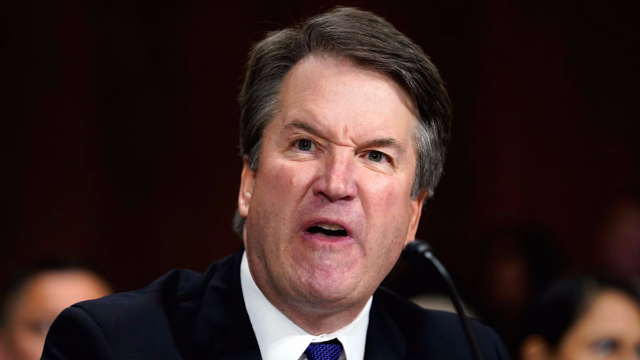It was the worst of temperaments, and it was the worser of temperaments.
OK, not exactly the gold of Charles Dickens’ A Tale of Two Cities opener, but I needed something to compare the recent fiasco of Justice Brett Kanvanaugh‘s confirmation hearing with the removal of Queens Civil Court Judge Terrence O’Connor today.
Your familiarity with Kavanaugh’s angry, snarling, yelling screed will be assumed when members of Congress were calling for an investigation of potential sexual abuse.
O’Connor was removed byNew York’s Court of Appeals today for his belligerence from the bench. You can read a summary of the details at this New York Law Journal article.
A sample of his conduct is this, from the opinion:
“Here, the record is replete with evidence supporting the Commission’s determination that, on numerous occasions, petitioner acted impatiently, raised his voice, and made demeaning and insulting remarks, often in open court. In so doing, he violated his obligation to treat those appearing before him with dignity and respect”
But the part that struck me most was this piece about the judiciary in general, about the need and duty to investigate potential misconduct, and why judicial temperament matters:
“Judges are also charged with promoting public confidence in the integrity of the judiciary through their own respect for the law. Public confidence in the integrity of the judiciary has long been recognized as essential to its vitality as well as our overall system of government. If the public trust in the judiciary is to be maintained, as it must, those who don the robe and assume the role of arbiter of what is fair and just must do so with an acute appreciation both of their judicial obligations and of the Commission’s constitutional and statutory duties to investigate allegations of misconduct.”
And that is the ultimate question for the public when it looks to the robe on the bench. Can we assume confidence and integrity with the rulings that come down?

